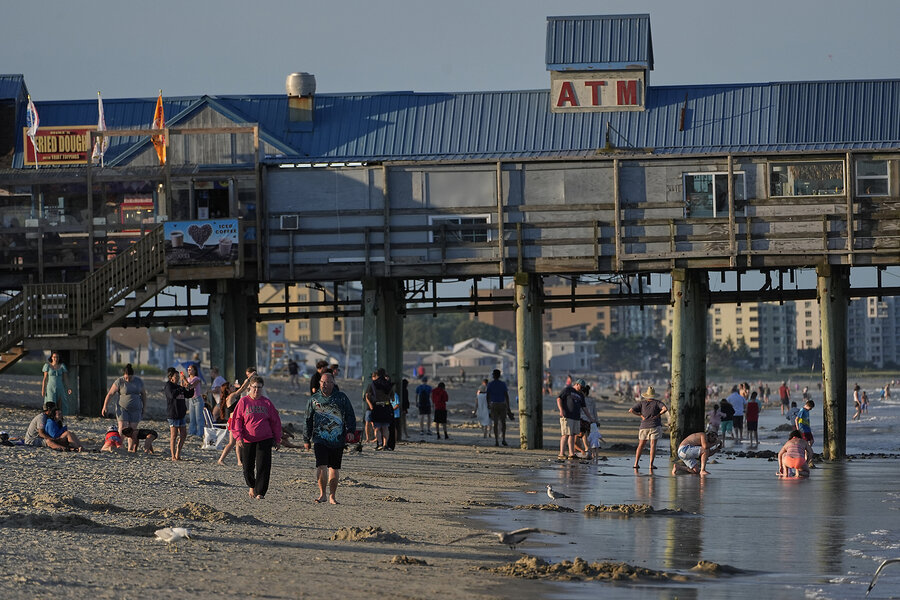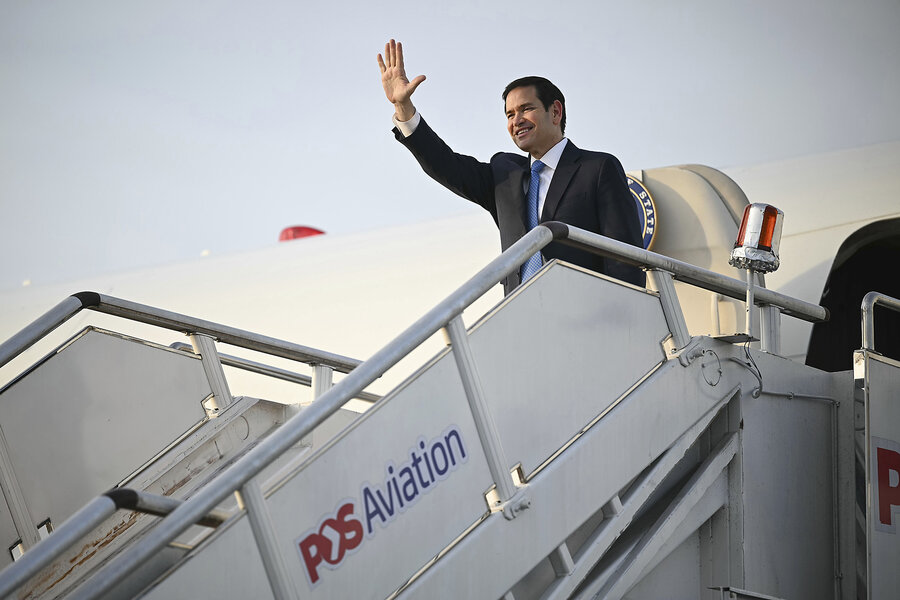Now Reading: New England Tourism Feels the Absence of Canadian Visitors
-
01
New England Tourism Feels the Absence of Canadian Visitors
New England Tourism Feels the Absence of Canadian Visitors

Quick Summary:
- Patrick Twomey, founder of 2Me Travel, announced his company would no longer travel to the U.S., citing discomfort with political conditions.
- The U.S. is facing a notable dip in international tourism, with spending projected to drop by $12.5 billion compared to last year.
- Canadian tourists, who accounted for $20.5 billion in U.S. visitor spending in 2024, are significantly reducing trips due to political tensions and ethical concerns over recent policies.
- Border states like Vermont, New Hampshire, and Maine are particularly impacted: Vermont saw a 30% decrease in Canadian crossings between January and July; New Hampshire’s natural attractions reliant on Canadians suffered losses; Maine anticipates losing approximately 225,000 Canadian visitors this year despite attracting more domestic tourists for events like leaf-peeping season.
- Local governments have launched initiatives such as street renaming (e.g., burlington’s “Rue Canada”) and business discounts to draw visitors back across the border but with limited effect.
Images:
- U.S.-Canadian flags near tourist areas in Maine showing their importance for economic activity.
- burlington’s Canada Street renamed symbolically as Rue Canada during summer efforts encouraging cross-border visits.
Indian Opinion Analysis:
The steep decline in Canadian tourism showcases how political developments can deeply influence cross-border economic relationships-especially among historically close trading partners like the U.S.-Canada duo. While considerable visitor drop-offs reflect personal decisions driven by ethical or moral concerns from tour operators like Patrick Twomey or travelers such as Catherine Maule highlighted through anecdotal experiences-the ripple effect goes beyond individual sentiment: Entire local economies dependent on international tourism face adverse consequences.
For India watching this trend globally: Political climate increasingly connects consumer behavior across industries beyond visible metrics (exchange rates or marketing strategies). Obvious foreign relations could bolster trust-driven growth patterns unlike abrupt boycotts shaking foundations abruptly hitting hospitality infrastructure reliability worldwide flow challenges balancing outreach diplomacy could grow national resilience observation steps critical diplomatic step parallels neighbor ties Read More: https://www.csmonitor.com/USA/Society/2025/0910/new-england-tourism-canada-boycott
























